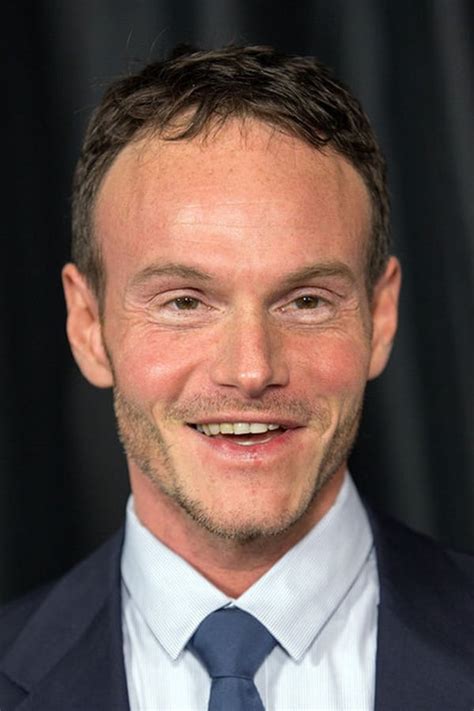A Quote by Dave Ulrich
When I think of organizations, I think of the capabilities an organization has more than its morphology or structure. The ability of an organization to have a shared purpose and the ability for employees to be productive are critical capabilities for most organizations today.
Related Quotes
There are some terrific resources on how to find individual purpose but relative resources on how to discover purpose and apply to an organization. My challenge was to show organizations how they could unlock the purpose of their organizations and put it to good use for employees to apply to their own jobs. The net effect is to help individuals, teams and organizations to optimize performance by understanding how to use purpose for good intention.
I think it's possible for me to approach the whole problem with a broader scope.When you look at something through an, an organizational eye, whether it's a, a religious organization, political organization, or a civic organization, if you look at it only through the eye of that organization, you see what the organization wants you to see. But you lose your ability to be objective.
Every organization needs to be introspective, transparent, and honest with itself. This only works if everyone is unified on the goals and purposes of the organization and there is trust within the team. High-performing, successful organizations build cultures of introspection and trust and never lose sight of their purpose.
One of the difficulties in bringing about change in an organization is that you must do so through the persons who have been most successful in that organization, no matter how faulty the system or the organization is. To such persons, you see, it is the best of all possible organizations, because look who was selected by it ad look who succeeded most in it. Yet, these are the very people through whom we must bring about improvements.
I think it's fascinating to note that some of the most successful organizations of our time got there by focusing obsessively on service, viewing compensation as an afterthought or a side effect. As marketing gets more and more expensive, it turns out that caring for people is a useful shortcut to trust, which leads to all the other things that a growing organization seeks.
The relatively unpredictable flow of funds to humanitarian organizations, and the bureaucratic strings often attached to them, can have a highly negative impact on an organization's ability to plan and execute programmes effectively. We need to be able to rely on predictable income flows to plan sustainable programmes.

































